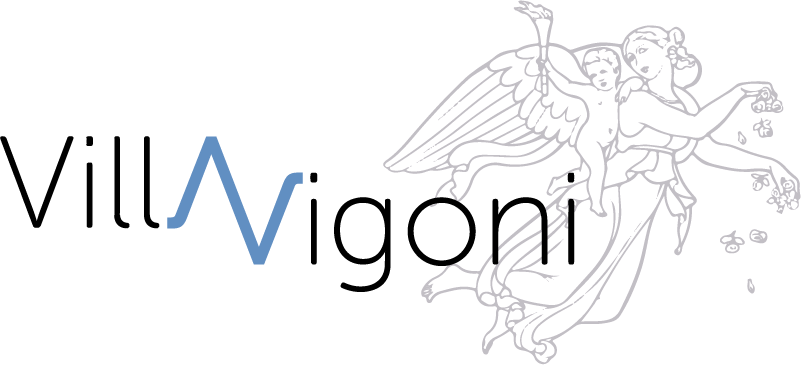


The 8th volume of Villa Vigoni's Aurora-series (published by Franz Steiner Verlag) has just been released. The German-Italian miscellany Heinrich Mylius (1769–1854) und die deutsch-italienischen Verbindungen im Zeitalter der Revolution. Die Lombardei und das nordalpine Europa im frühen 19. Jahrhundert returns to the homonymous DFG-funded symposium, which took place in 2017 at Villa Vigoni and whose subjects were further explored in the conference series Vorreiter Europas? Deutsch-italienische Wirtschaftsbeziehungen in Neuzeit und Moderne organised by the Forschungskolleg Humanwissenschaften of the Goethe-Universität Frankfurt. The book was conceived in the context of the celebrations for the 250th anniversary of the birth of Enrico Mylius in 2019. The highlight of the celebrations was the exhibition Enrico Mylius (1769-1854): a European citizen between Frankfurt am Main and Milan held in the Frankfurt Museum Giersch of the Goethe-Universität and included by the AIPH in the list of the “Best projects of Public History 2019-20”. The book is also closely linked to Mylius’s biography, published in 2019 by Villa Vigoni Editore| Verlag.
The proceedings of the conference deal with paradigmatic issues regarding Italian-German connections in the early 19th century: What were the echoes of political aspirations north of the Alps and vice versa? What shape did the artistic exchange between Italy and Germany take? Is the success of European growth regions and economic centres based on the structures built at the time?
And last but not least: At a time that is often interpreted solely in the sign of the construction of nation states, did not transnational European identities and connections also play an equally decisive political and economic role? Enrico Mylius, in any case, was such a European citizen.
The Miscellany
M. Ressel / E. Schweighöfer (ed.): Heinrich Mylius (1769–1854) und die deutsch-italienischen Verbindungen im Zeitalter der Revolution. Die Lombardei und das nordalpine Europa im frühen 19. Jahrhundert (Aurora - Schriften der Villa Vigoni, Volume 8), Stuttgart: Franz Steiner 2021.
The volume can be purchased as a paper or electronic book.